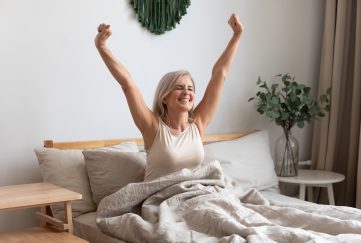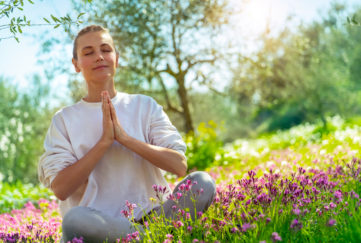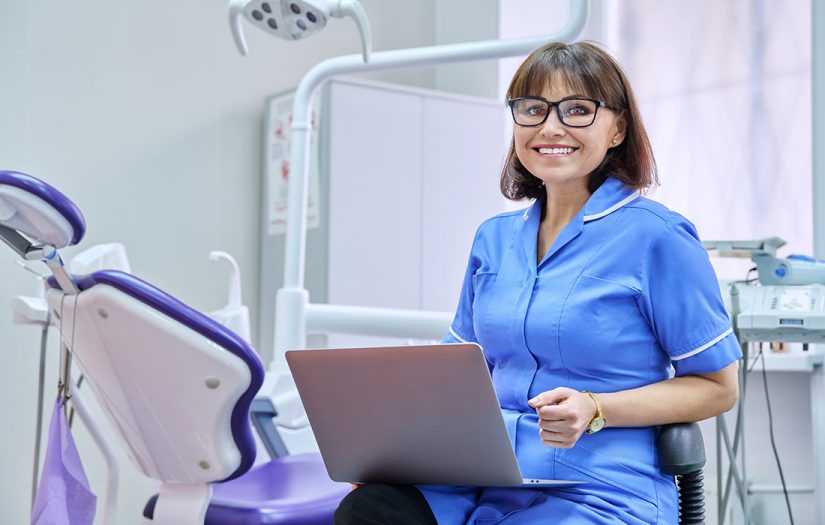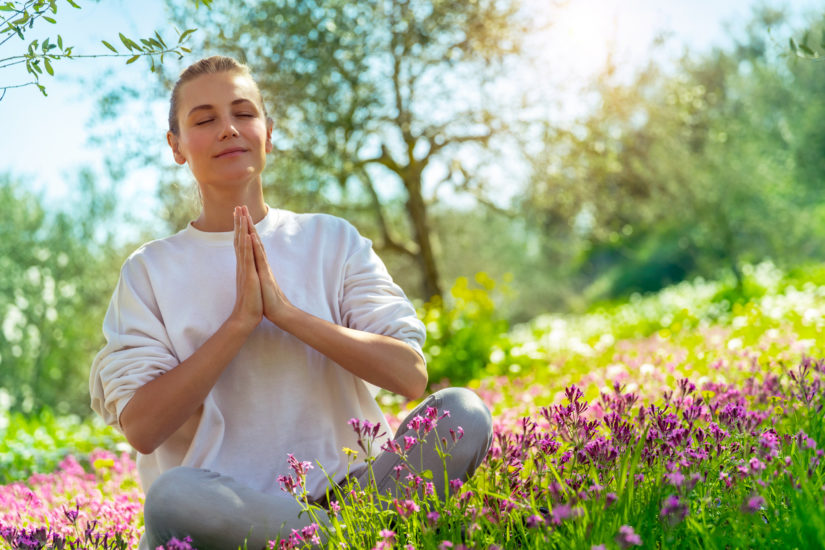Need An Excuse For A Lie In?
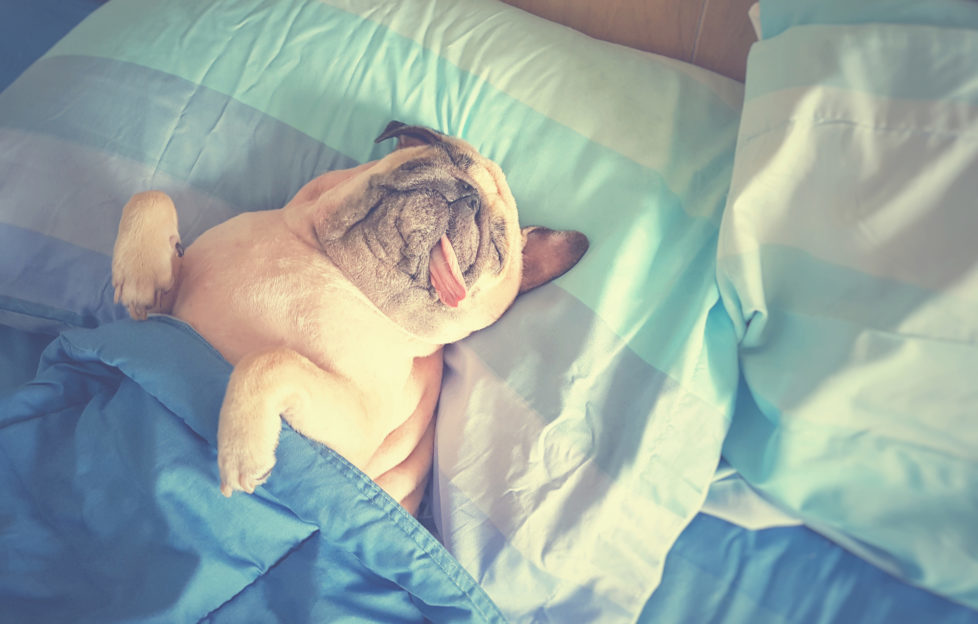
If ever you needed an excuse for a lie in, then Sunday, October 28 is perfect – it’s National Sleep In Day.
With the clocks going back an hour, it’s the perfect opportunity to grab your pyjamas and support this event!
The Sleep Council has compiled a tick list of ideas for those who struggle to embrace the art of slumber. So, to optimise your chance of a good night’s sleep without any disturbance, they advise the following:
It may sound obvious, but one of the most important things is to remember to switch the alarm off before you go to sleep!
Unplug any phones in the room and ensure that radios or televisions are not set to come on at any time in the morning. Also, exposure to even the weakest glow at night – for example, your TV’s standby button – can unconsciously play havoc with your body’s circadian rhythms, so turn them off at the wall.
Make sure you close the curtains – preferably good heavy ones to block out the daylight so it doesn’t disturb your mid-morning slumber.
Make sure you are sleeping on a good bed – you can do everything else right but if your bed is old and uncomfortable, you may struggle to nod off or stay asleep.

Pillow Talk
The bigger your bed, the less the chance your sleep will be disturbed by your partner.
A room that’s too hot, too cold, too stuffy or too draughty can disturb sleep. Aim for a room temperature of around 16-18°C (60-65°F).
Make sure you have adequate bedclothes and pillows. Use the right tog duvet for the time of year, layer with sheets or blankets which can be easily removed and wear bed socks if you’re prone to cold feet.
If you have young children, take turns with your partner for a lie-in, with the “on duty” partner responsible for keeping noise levels down.
Double glazing will cut down on a lot of external noise but a cheaper option would be a pair of earmuffs or foam earplugs.
Avoid alcohol the night before. It’s not a sleep aid and will play havoc with sleep patterns. It may help you fall asleep initially but will interrupt your sleep later in the night and early morning – you will wake dehydrated and needing the loo!
Finally, poor sleeping patterns can affect health – increasing the risk of heart disease and diabetes, so it’s worth trying out the top tips to enhance your chances of a peaceful trip to the land of nod.



